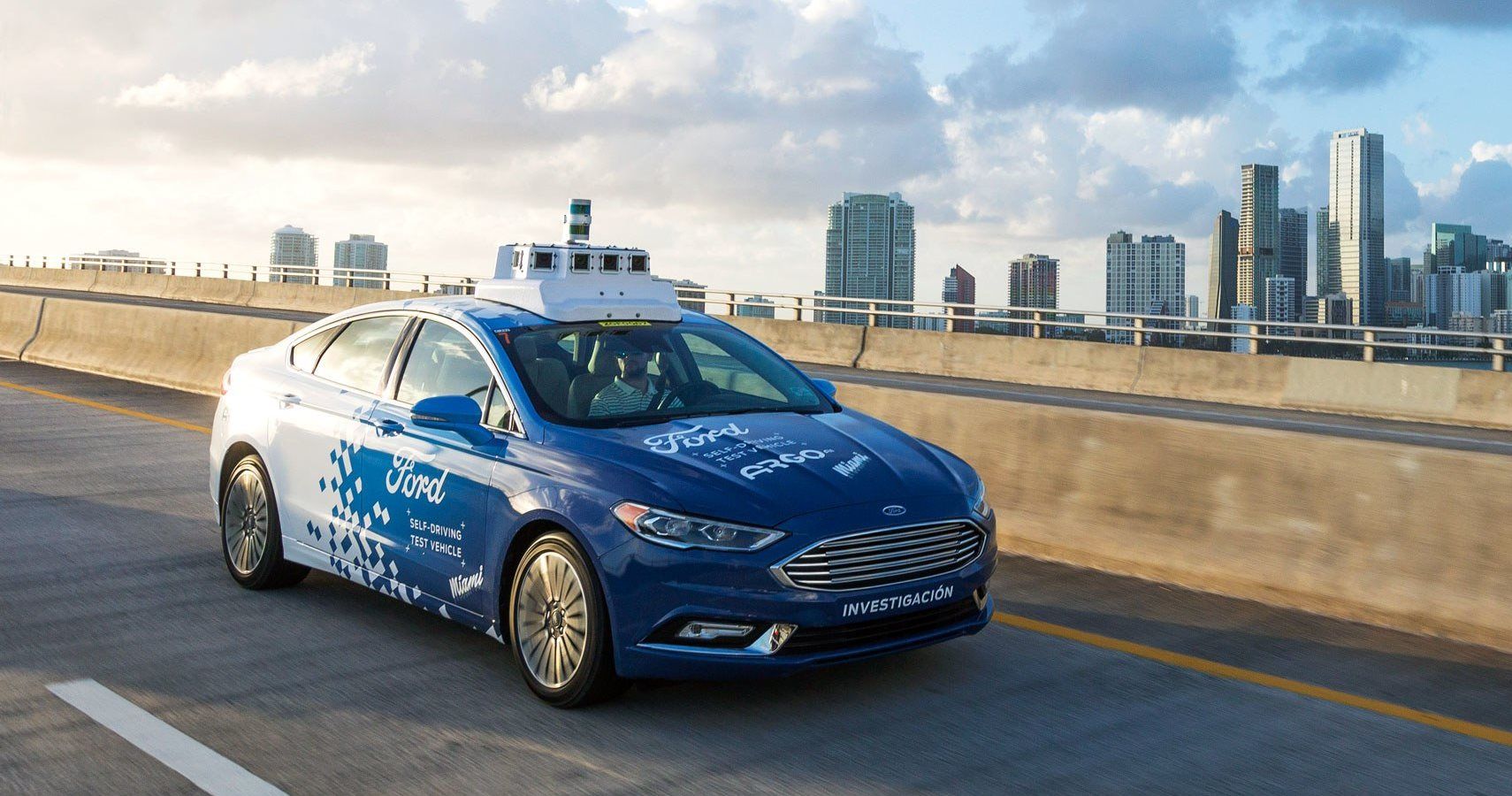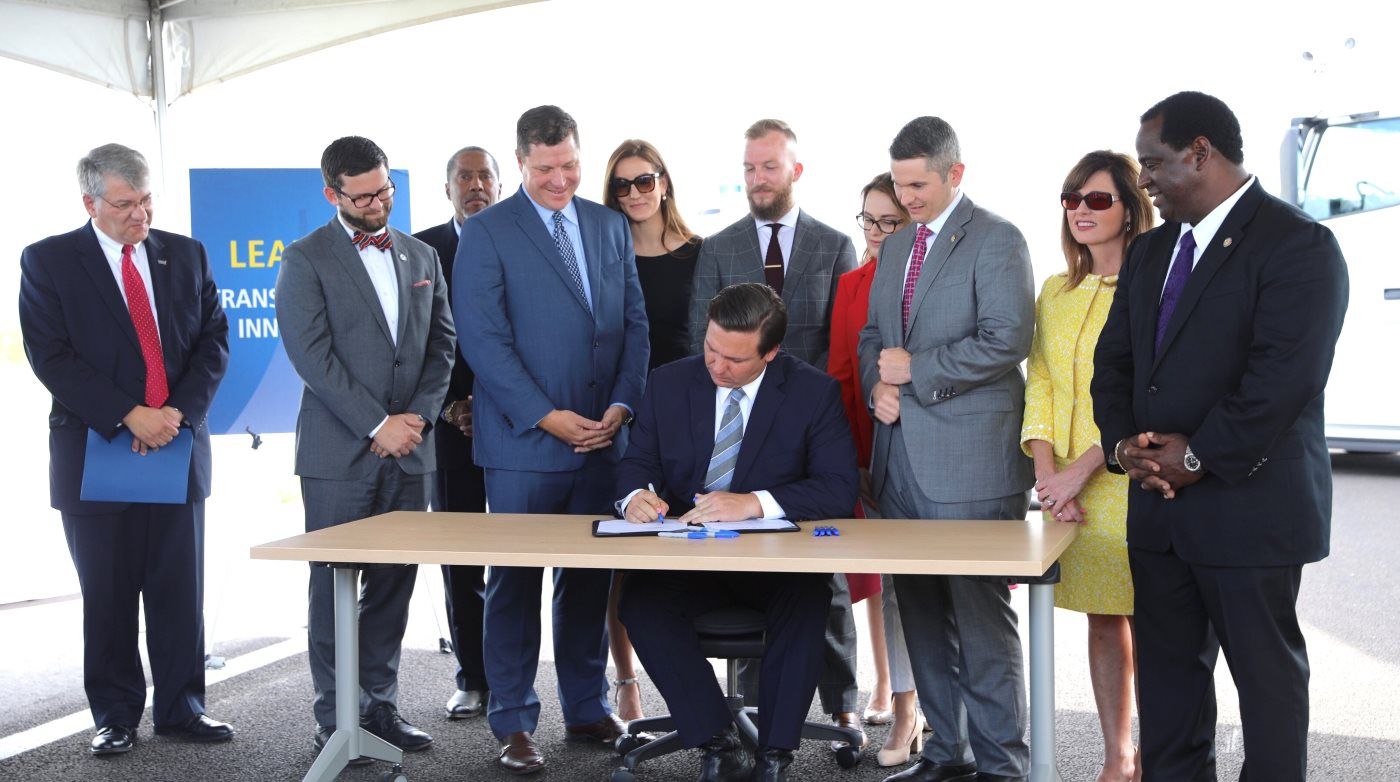Florida will soon allow autonomous cars to be tested without the use of a backup driver.
In yet another move signaling America’s headlong rush toward an autonomous future, Florida Governor Ron DeSantis signed a bill last week that would allow self-driving car companies to test their vehicles on Florida roads without a human driver behind the wheel.
Called Bill “CS/HB 311: Autonomous Vehicles”, the measure would also allow human back drivers inside autonomous test cars to text, watch movies, play video games, and basically do anything other than actually pay attention to what the car is doing. This is done to essentially exclude human backup drivers from Florida’s current distracted driving laws.
The bill only applies to test vehicles and would not apply to current vehicles with assisted driving technologies, such as Tesla Autopilot.
“Signing this legislation paves the way for Florida to continue as a national leader in transportation innovation and technological advancement,” said Governor DeSantis. It's widely expected that Florida will now become a central hub for autonomous car startups due to looser rules regarding self-driving vehicle safety. Ford already operates in Miami with its self-driving vehicle program delivering pizzas for Dominos.
Very few states allow completely driverless cars. The technology is still seen to be in its early stages and most Americans are afraid to step foot in a car without a human driver. Last year’s fatal accident with Uber clearly put the brakes on America’s growing trust of driverless technology, but with the recent bill, Florida is signaling its desire to get in on the ground floor of an autonomous future.
Tesla also has plans to begin rolling out its self-driving software and hardware as early as 2020. Most experts are critical of Tesla’s plans, saying that the technology and infrastructure aren’t ready and Tesla’s path to autonomy specifically lacks safety features found with competing carmakers. So far, regulators have yet to weigh in on the matter, but that may soon change as autonomous cars become a more common sight on public roads.
(via Engadget)


